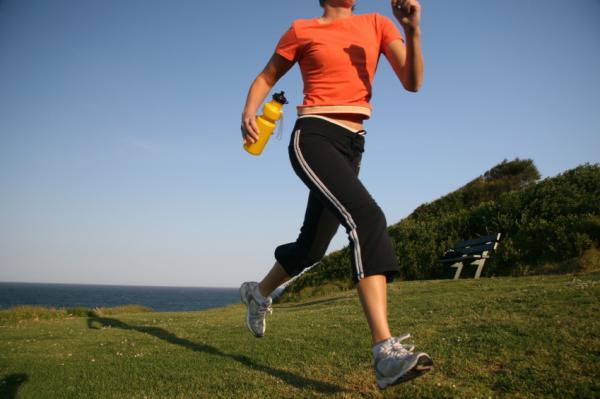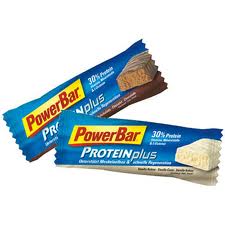
What is it? Those of you who experience it, know it well. It’s when runners have diarrhea during or immediately after a run, or feel an 

What is it? Those of you who experience it, know it well. It’s when runners have diarrhea during or immediately after a run, or feel an 

People often think dieting or doing a cleanse are the best ways to kick some unhealthy habits and turn over a new leaf. However, if you take a closer look – is the diet or cleanse you’re interested in something that you think you will be able to sustain for the long term? Often, fad diets and cleanses offer a quick fix instead of a sustainable lifestyle change. Yes, you may be able to shed a few pounds but is it fat that you’re losing or muscle mass? Losing weight too quickly is often times both fat AND muscle mass that you’re losing, in addition to a ton of body water. Not to mention the lack of nutrients in most fad diets and cleanses which would leave you feeling tired, fatigued, and at risk for nutrient deficiencies leading to health problems in the future.

I was recently interviewed very briefly by a student reporter on CBC news who did a story all about “exercise supplements”. Watch the short clip here. I would like to clarify a couple things they misquoted me on:
I did my first avalanche safety training course this weekend just north of Vancouver so that I can start doing more backcountry snowboarding trips — preferably without ever getting caught in an avalanche. First things first, all you skiers out there are probably mocking the fact that I snowboard right now. You know what? Nothing feels better than riding through fresh powder and feeling like you’re surfing on water. However, I do realize that, especially for backcountry, skiing just might have more advantages (i.e. more efficient ways to hike up without the use of snowshoes)… I still like snowboarding better. Now that we’ve cleared that up… onto more important things! This dietitian is once again talking about nutrition. More precisely, how to properly fuel and hydrate in the backcountry.
Happy Belated New Year! After the holiday season of over-indulging passed, it became the perfect time for New Year’s resolutions focusing on healthy eating and exercise. A chance to set out and accomplish goals we’ve always talked about but maybe gave up on doing in 2011. Not this year!!
